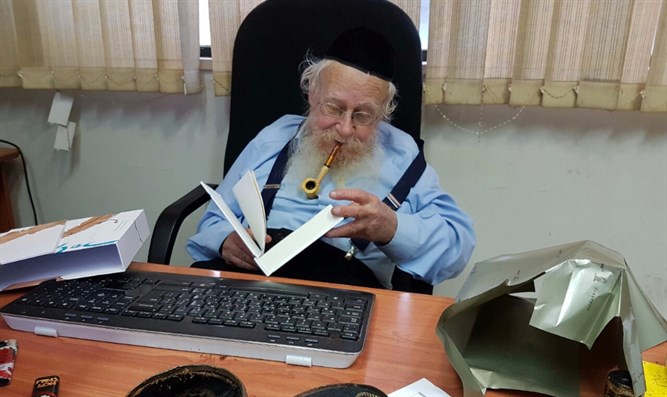Why is it that we thrive on questions?
Before we answer, it is important to stress that there is no shame in asking questions.
Though it may seem that one who asks questions admits that he lacks knowledge or understanding, the truth is quite the opposite.
In a sense, it is the scholar – the one with the most knowledge of all – who asks the most questions.
A non-scholar has no questions to ask, not because he knows the most but because he knows the least.
In giving us the Torah, God is not selling us tranquility.
Tranquility is not part of the reward.
Rather, one who reaches a state in which he has no more questions, difficulties, doubts, or problems, is not the ideal man but, on the contrary, is one who has left the world entirely.
Rabbi Simha Bunim of Peshisha is said to have suggested that a man should always imagine that his head is on the execution block, the evil inclination standing over him with a large axe, ready to decapitate him.
One of his disciples asked, “What happens if a man does not imagine this?”
Rabbi Simha Bunim answered that this would be a sure sign that the evil inclination has already cut off his head.
If a person no longer feels any anguish and lives in tranquility and peace, then he must have already been decapitated, and that is why he has a good life, full of peace and tranquility.
This conclusion is not comforting and certainly is not calming.
A life of tranquility is surely more pleasant than a life of anxiety and stressfulness, but it is not a better life.
Choosing the right path does not mean choosing a life of ease, nor does it mean choosing a life that is devoid of problem.
Rather, it means choosing a life that inevitably contains a certain degree of anguish.
–Rabbi Adin Steinsaltz

